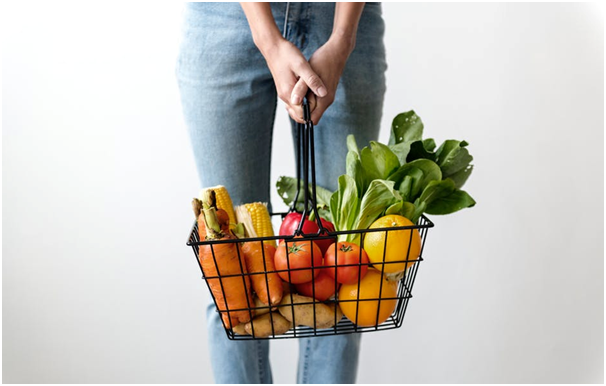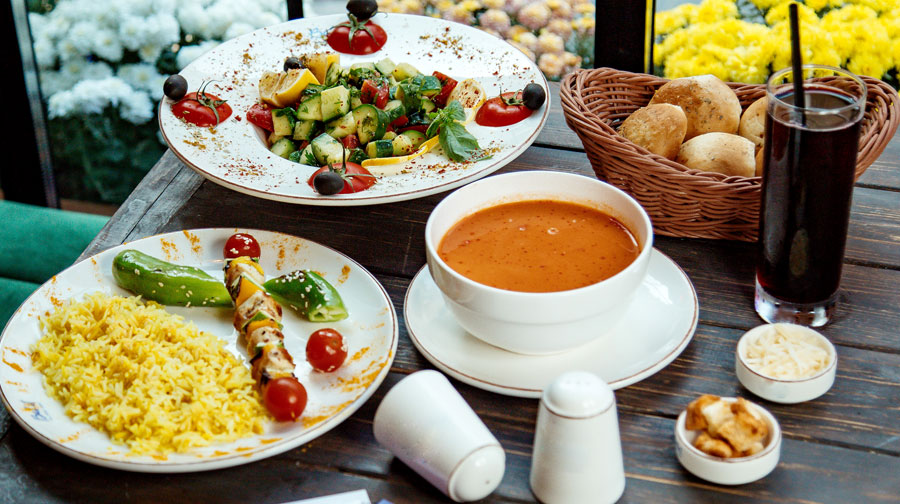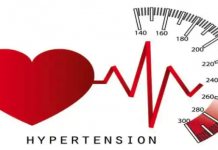Are you trying to improve your health with a vegan diet but do not know how to get the best results? This diet has strict requirements, which you have to follow to achieve your health targets. You also need to know the most common vegan mistakes and how to avoid them.
Sometimes, people commit these mistakes without knowing and end up wondering where they went wrong. However, you only need to know what the diet entails and what is expected from you to succeed.
This guide helps you understand the most common mistakes and how you can avoid them when planning daily meals.
1. Every Vegan Meal Is Healthy
Many people assume that every vegetarian food is healthier than the other options available out there, but that is not true. You need to check what you are eating to ensure that you have the right ingredients. For instance, highly processed vegan products may contain more added sugar and lack enough nutrients.
Sometimes, it can be difficult to exclude such products from your diet, especially when they are the most available foods in your area. If you cannot do without them, you should take them in moderation. You should also such for substitutions where possible.
2. You Can be Healthy without Vitamin B12
Your body needs enough amounts of vitamin B12 to perform various processes, such as the formation of DNA and red blood cells. However, the most reliable source of this vitamin is red meat, which means that vegan diets may not have enough of it. You have to look for ways of supplementing your diet to get enough of these vitamins.
Some of the effects of lacking enough amounts of vitamin B12 include the following:
- Fatigue
- Memory problems
- Numbness
- Megaloblastic anemia
Another problem that most people who consume vegan diets overlook is the presence of high amounts of folate in these meals. Folate often masks the symptoms of vitamin B12 deficiency.
3. Substituting Meat With Cheese
When you remove meat from your diet, the most likely replacement will be cheese. It is because, apart from removing the animal protein, cheese gives food a good flavor, too. That is why it is commonly used in pasta, sandwich, and salads when they are meant for vegans.
However, it may not be a good idea to do so because cheese cannot be compared to meat when it comes to the number of ingredients. For example, cheese only contains a quarter of the iron found in meat and about a half of zinc. The fact that meat also contains more proteins and fewer calories means that you should look for other additions to our vegan diet.
4. Taking Too Few Calories
Although you are always advised to check the number of calories you take every day, your body has a lower limit when it comes to such. Switching to a vegan diet means that you are avoiding most high-calorie foods, and this may be a problem. If you are not meeting your daily calorie needs, you are risking your health.
You need to know that your body draws its energy from calories, and reducing them affects its functions. Taking too few calories can therefore lead to fatigue, poor metabolism, and other side effects. The best thing is that there are ways to add calories to a vegan diet.
5. Low Water Intake
According to this guide, all types of diets require you to take enough water to enable the body to function optimally. However, vegan diets may limit your intake, something that puts you at risk of many things. It is even more important if you are on this diet because you are taking foods that are high in fiber, including legumes, whole grains, and vegetables.
Water is the element that helps fiber to move through the digestive system and avoid issues like constipation, bloating, and gas. The best way to increase water intake is by drinking every time you feel thirsty. You also need to spread the intake throughout the day.
6. Overlooking the Importance of Iron
There are some examples of iron that your body cannot absorb easily, and they are found in plants. For example, non-heme iron found in beans, fruits, vegetables, and other plant foods may not be absorbed into the system at a good rate. That is why vegans are likely to suffer from iron deficiency.
On the other hand, meat contains heme iron, which is more effective when it comes to meeting your body’s requirements. This means that when cooking vegan meals, you have to look for ways to add more iron. You can do this by adding more oats, nuts, seeds, and fortified cereals.
7. Taking Less Whole Foods
When you visit your local grocery store, you will notice that the number of processed foods is rising. Even though they are completely vegan, they are not in their initial state, and so, they do not contain the same ingredients that they had before. It is the reason people are taking less while foods nowadays.
Whole foods have lots of advantages, including more vitamins and minerals. Instead of buying those processed foods, you can make your diet better by insisting on whole grains and other foods. You can always get them if you search the stores.
8. Less Intake of Calcium
High amounts of calcium are found in dairy products such as milk and cheese, but your vegan diet won’t allow you to take them. This leaves you at risk of suffering calcium deficiency, a condition that affects your bones, teeth, and other parts of the body. You can avoid it by adding calcium-rich foods such as broccoli, kale, and almonds to your diet.
Avoid Common Vegan Mistakes: Get Help with Vegan Diet Planning
You cannot deny the fact that many vegans do not know when they make the mistakes we have discussed above. That is why you should get an expert to help you plan your diet. They will give you tips on how to avoid common vegan mistakes and even create a meal plan that you can follow every week to avoid any problem.
If you liked this guide, you can read many more that we have published on our website.














Hi,
Really a great post on Vegan Mistakes.
Thanks for sharing this info with us.
Thanks You